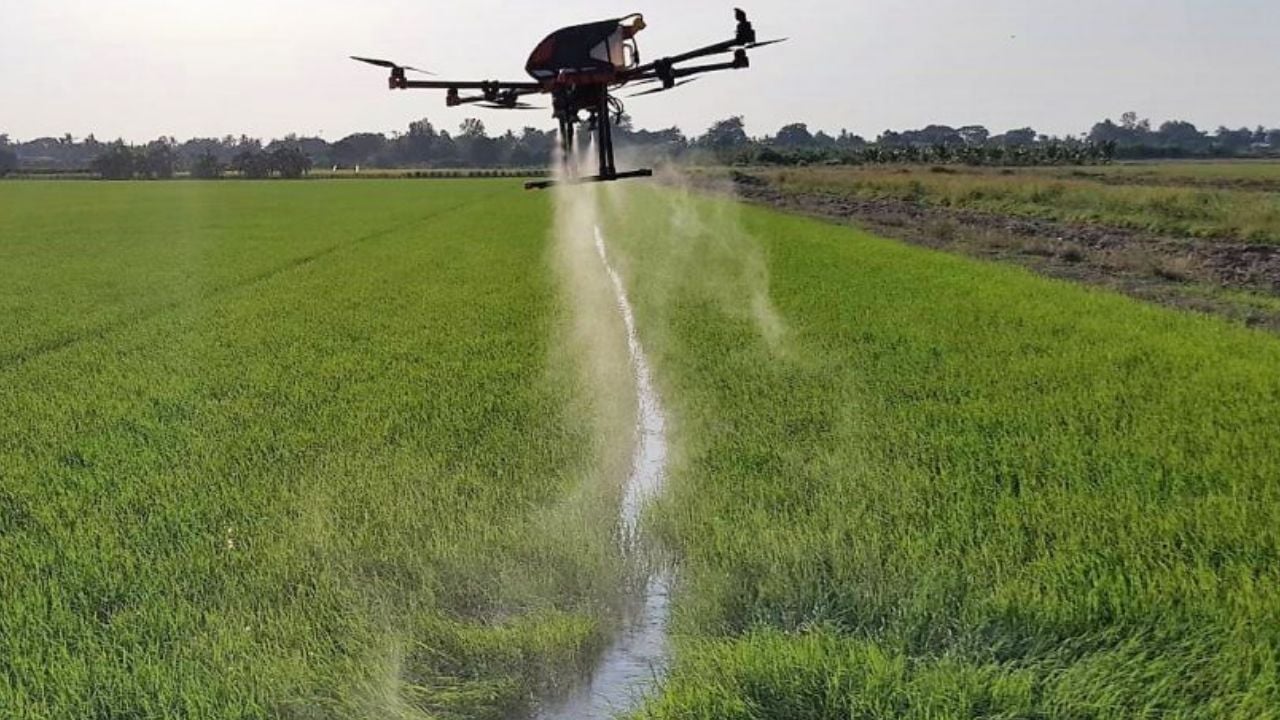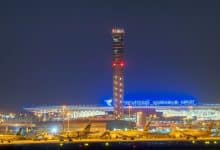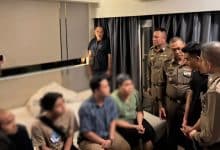Thailand permits agricultural drones under strict regulations
Strict rules set as agricultural drones get green light

The Civil Aviation Authority of Thailand (CAAT) has announced that agricultural drone operations will be permitted tomorrow, August 11 under stringent conditions, with a continued nationwide ban on other drones until August 15 or further notice.
Both the drone and its operator need registration with the CAAT, along with obtaining agricultural flight authorisation. Operators must possess a clean record, operating drones solely on their own or authorised farmland. Flight notifications must be submitted at least 12 hours in advance through the CAAT UAS Portal, a designated email, or local officials.
Permitted operations are restricted to between 6am and 6pm, at altitudes below 30 metres, exclusively for spraying or distributing agricultural substances, water, or fertiliser, not for photography or surveying purposes.
Government spokesperson Jirayu Houngsub stated that due to the security implications of the Thailand–Cambodia border situation, strict no-fly zones are enforced in restricted or hazardous areas in key locations such as Nakhon Sawan, Nakhon Ratchasima, Ratchaburi, and border provinces including Chanthaburi, Trat, Ubon Ratchathani, and Sisaket.
ดูโพสต์นี้บน Instagram
The restriction is also applicable within a 9 kilometres radius of all airports and aircraft landing sites, reported Bangkok Post.
In similar news, on August 3, Lieutenant General Boonsin Phatklang, Commander of the 2nd Army Region, outlined plans to counter drone activity during a virtual meeting with governors from 20 northeastern provinces, held the previous day, August 2. The discussions centred on strengthening drone surveillance and control measures.
As directors of their respective provincial Internal Security Operations Command (ISOC) units, governors were instructed to coordinate efforts with police, the private sector, and local communities. They were urged to acquire anti-drone technology to safeguard key sites, including provincial halls, sports fields, armouries, police stations, transportation hubs, and airports.
Officials were also directed to conduct patrols to identify non-residents in the area. Any people detained could face charges such as terrorism or espionage, offences carrying penalties up to capital punishment. Officials were reminded to carefully review the relevant legal provisions in each case.
Latest Thailand News
Follow The Thaiger on Google News:


























